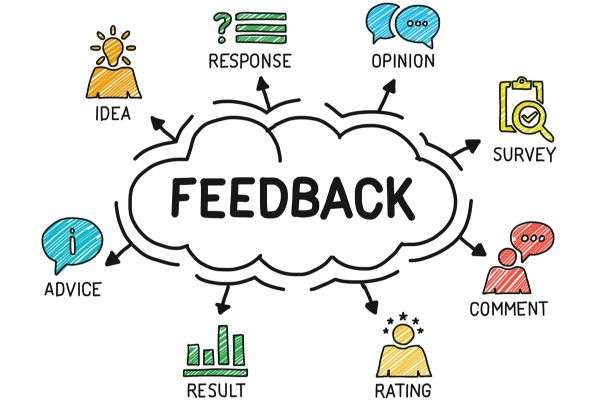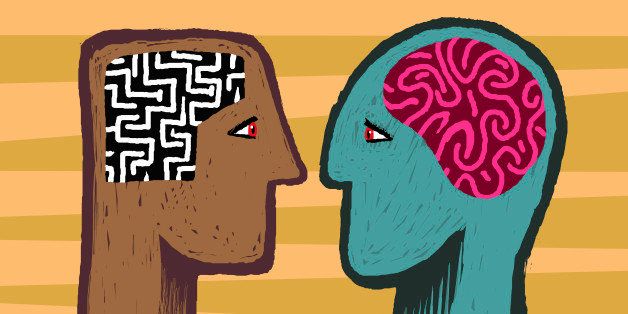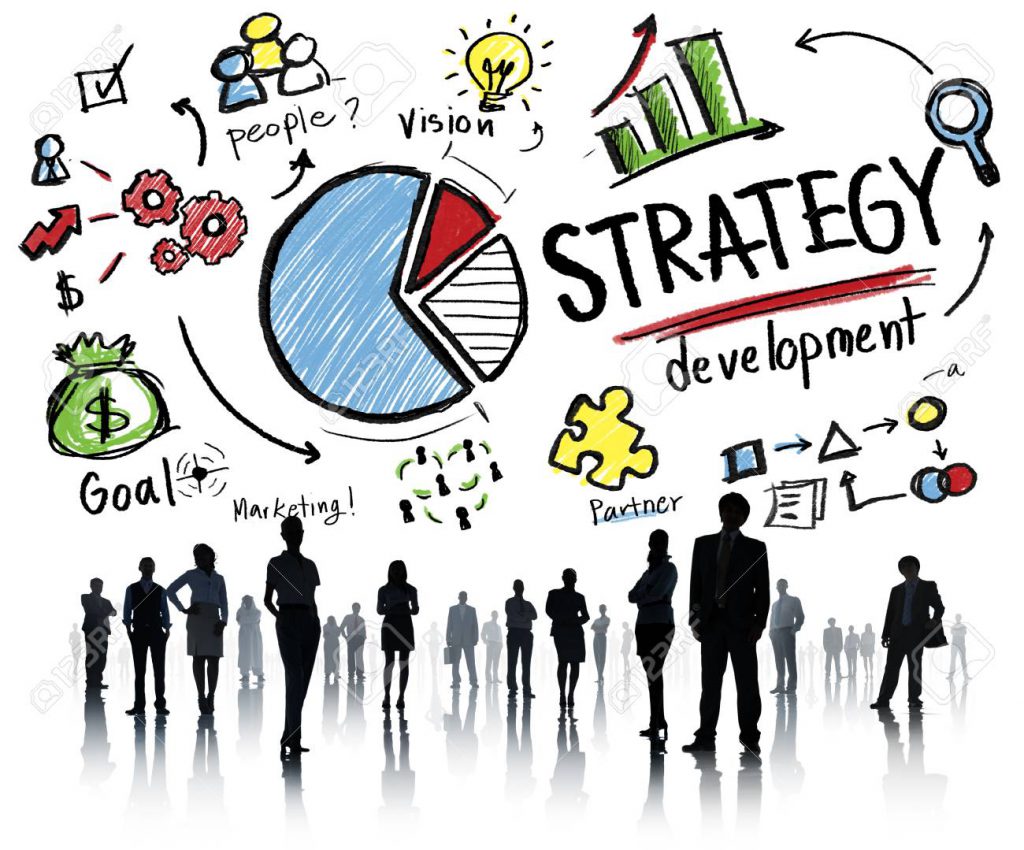
What are my two strong points in providing feedback and what are the two points I need to work on and why? What are my two strong points in receiving feedback and what are the two points I need to work on and why?
What part of the material covered thus far presents the biggest challenge for me?
First weeks we were learning more about ourselves and our personality types. It was relatively easy but very interesting, as soon as I was curious about MBTI long before taking this course. However, this week we learned about giving feedback, and this became the biggest challenge for me. In fact, we also learned some points and strategies for giving feedback in the Online Education Strategies course. I gained an understanding that you must be supportive, honest, and your feedback should not be summative but must help to improve (Rabinowitz, P., n.d.). In theory, it is logical and easy, but in practice, I sometimes end up without any correct ideas and words that could be suitable to give meaningful feedback.
(more…)







